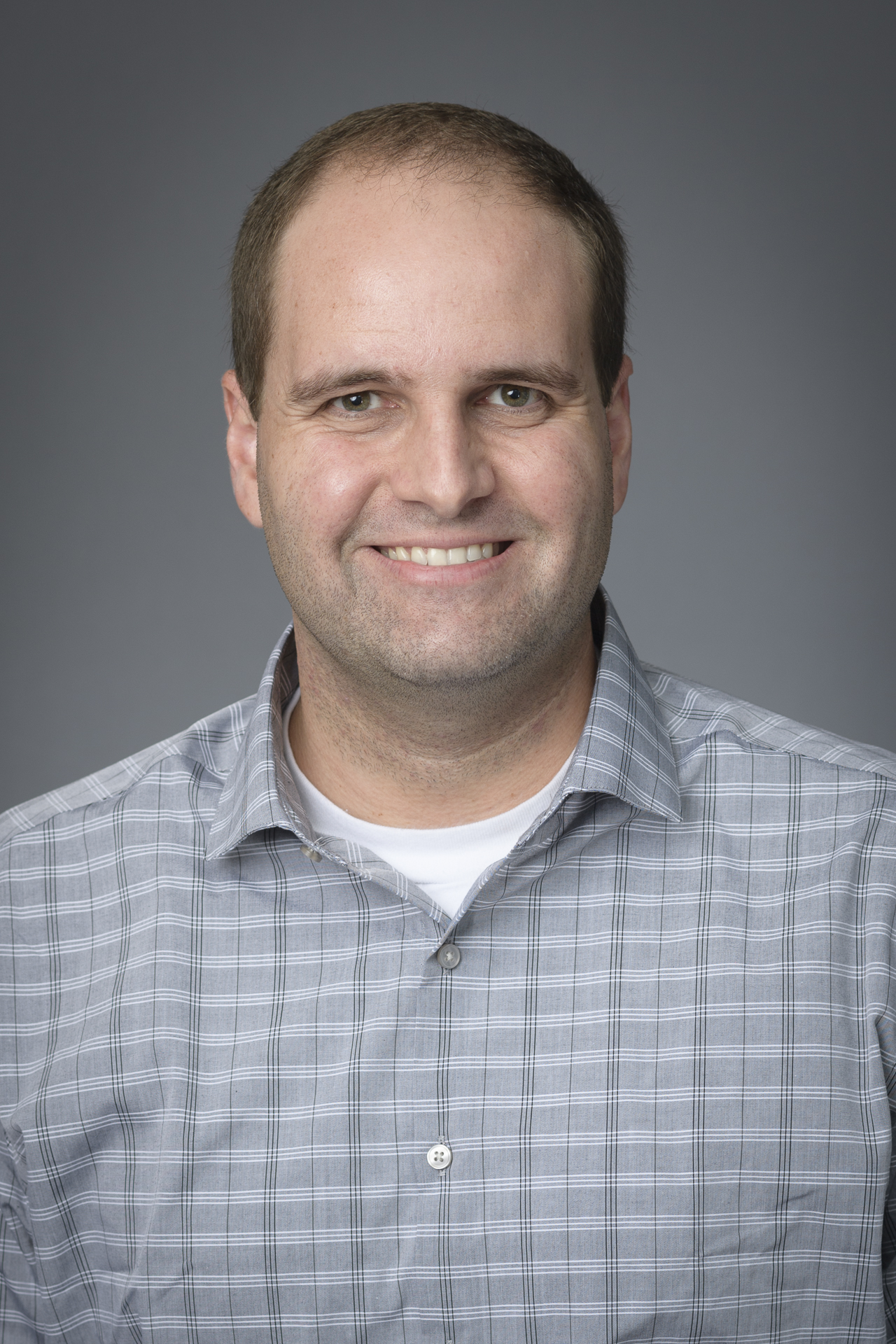Ward surpasses $1M in new funding for FY 21-22.
Matthew Ward, research assistant professor of biomedical engineering at Purdue University, has already surpassed $1M in new funding for the period July 2021 through August 2022.
Dr. Ward received his B.Sc. degree in Biomedical Engineering and Ph.D. degree in Neural Engineering from Purdue. His BioCom Lab develops and translates technologies that enable persistent, bidirectional communication with the peripheral and central nervous system through implanted and external neural interfaces.
Grants Funded (2021):
- 2021 Showalter Award ($75,000 for 1 year; split 50/50 between PI Nawrocki and co-PI Ward; 7/1/21-6/30/22): "Stretchable and Breathable Nanomesh Electrode Array for Transdermal Recording and Stimulation of Deep Nerves in Human Subjects" (Role: co-PI with PI Robert Nawrocki of Purdue Polytechnic) - Aim to develop a new class of wearable stimulating electrodes, which will be evaluated and optimized for current steering to deep nerves like the vagus nerve using biophysical models applied to virtual humans (via Sim4Life) and benchtop characterization.
- NIH SPARC3 OT2 OD028183-01S3 (Role: contact PI; $635,823 for 1 year; 7/1/21-6/30/22): "High Resolution, Noninvasive Measurement and Functional Classification of Vagal Nerve Response Patterns in Relation to Gastroparesis Symptom Management using Gastric Electrical Stimulation Therapy.” - A collaborative proposal with IUSM Div. of Gastroenterology and Hepatology, Krannert Institute of Cardiology, and BioCircuit Technologies, Inc., in which they are set to evaluate a new type of personalized gastric electrical stimulation treatment for gastroparesis in a prospective, double-blind study.
- A Novel Framework to Detect and Classify Abnormal Autonomic Regulation of Gastrointestinal and Cardiovascular Functions following Recovery from Acute SARS-CoV-2 Infection (Role: Contact-PI; $199,358.00 for 1 year; 7/1/21-6/30/22) - This proposal aims to further develop and validate a new noninvasive recording protocol aimed at detecting autonomic nervous system dysfunction/damage stemming from acute COVID-19 infection (i.e., to detect and stratify Post-Acute Sequelae of CoVID-19, or PASC). Pilot data showed that our algorithms and protocols were able to detect autonomic nervous system dysfunction in patients suffering from “Long-Haul COVID.”
- NIH SPARC OT2 OD023847-01S6 (Role: co-PI with contact PI Terry Powley; Ward's lab was awarded $288,000 for 1 year; 8/1/21-7/31/22) - This proposal aims to further develop promising new bioelectronic treatment approaches for gastrointestinal disorders like gastroparesis, including closed-loop transcutaneous auricular vagus nerve stimulation (taVNS) technology, dual-mode stimulation of the extrinsic and intrinsic nervous system of the stomach, and other approaches. This is the sixth year of this project, funded by the NIH Stimulating Peripheral Activities to Relieve Conditions (SPARC) program.

